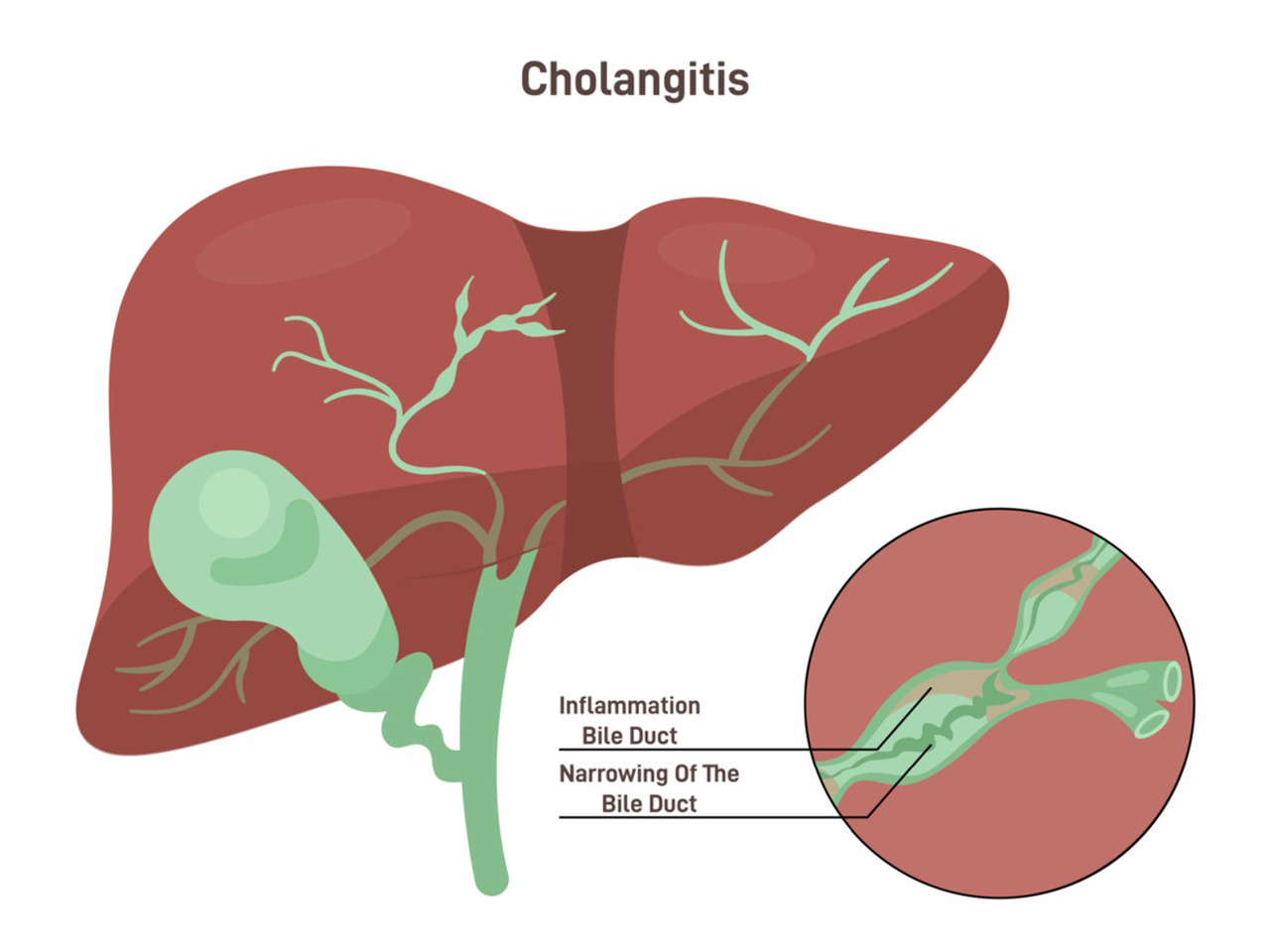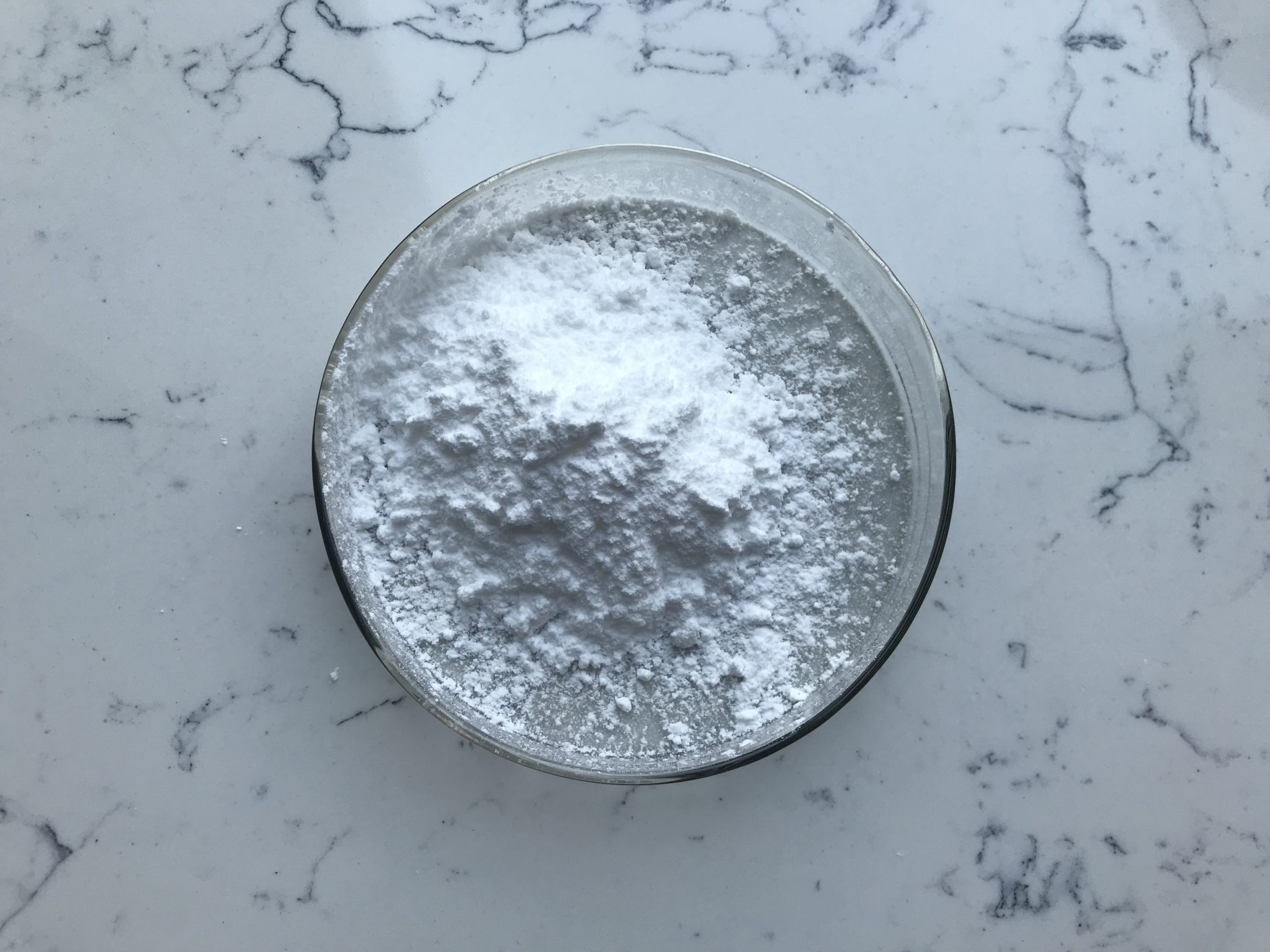UDCA (Ursodeoxycholic Acid) is used to treat certain liver diseases, like primary biliary cholangitis and gallstones. While UDCA is generally considered to have a relatively low potential for significant drug interactions, it can interact with some medications.Some notable interactions include:
1. Drugs that Reduce UDCA Effectiveness
- Cholestyramine, Colestipol, and Activated Charcoal – These bile acid sequestrants can reduce UDCA absorption, making it less effective.
- Aluminum-based Antacids (e.g., aluminum hydroxide) – May bind to UDCA and reduce its absorption.
2. Drugs Affected by UDCA
- Ciclosporin – UDCA may alter ciclosporin absorption, requiring dose adjustments.
- Warfarin & Other Anticoagulants – UDCA may enhance or reduce the effect of warfarin, so monitoring is necessary.
- Statins (e.g., Rosuvastatin, Pravastatin) – UDCA may affect cholesterol-lowering drugs, requiring dose adjustments.

3. Hormonal & Cholesterol Medications
- Estrogen-based contraceptives & Hormone Replacement Therapy (HRT) – Estrogens can increase cholesterol saturation in bile, potentially reducing UDCA effectiveness.
- Fibrates (e.g., Clofibrate, Fenofibrate) – These can increase bile cholesterol, possibly counteracting UDCA’s effects.
Would you like information on a specific drug interaction?
How does UDCA affect cholesterol metabolism?
UDCA (Ursodeoxycholic Acid) is a bile acid that has several effects on cholesterol metabolism. Here are the key ways UDCA influences cholesterol:
- Reduces Cholesterol Saturation in Bile: UDCA can lower the cholesterol concentration in bile, reducing its tendency to form gallstones. It does so by promoting the secretion of more hydrophilic bile acids, which displace cholesterol from bile, preventing its crystallization.
- Increases Cholesterol Conversion to Bile Acids: UDCA enhances the conversion of cholesterol to bile acids in the liver. By increasing the synthesis of bile acids, it lowers the overall cholesterol pool in the liver, which can help regulate cholesterol levels.
- Increases HDL Cholesterol: Some studies suggest that UDCA may increase high-density lipoprotein (HDL) cholesterol levels. HDL is often considered the “good” cholesterol, and its increase could improve cardiovascular health by promoting the removal of excess cholesterol from tissues.
- Decreases Cholesterol Absorption: UDCA may also decrease the intestinal absorption of cholesterol, contributing to lower blood cholesterol levels.

Overall, UDCA is effect on cholesterol metabolism is mainly beneficial in reducing cholesterol accumulation in the liver and gallbladder, and it can help improve lipid profiles, particularly in individuals with certain liver or biliary disorders.
